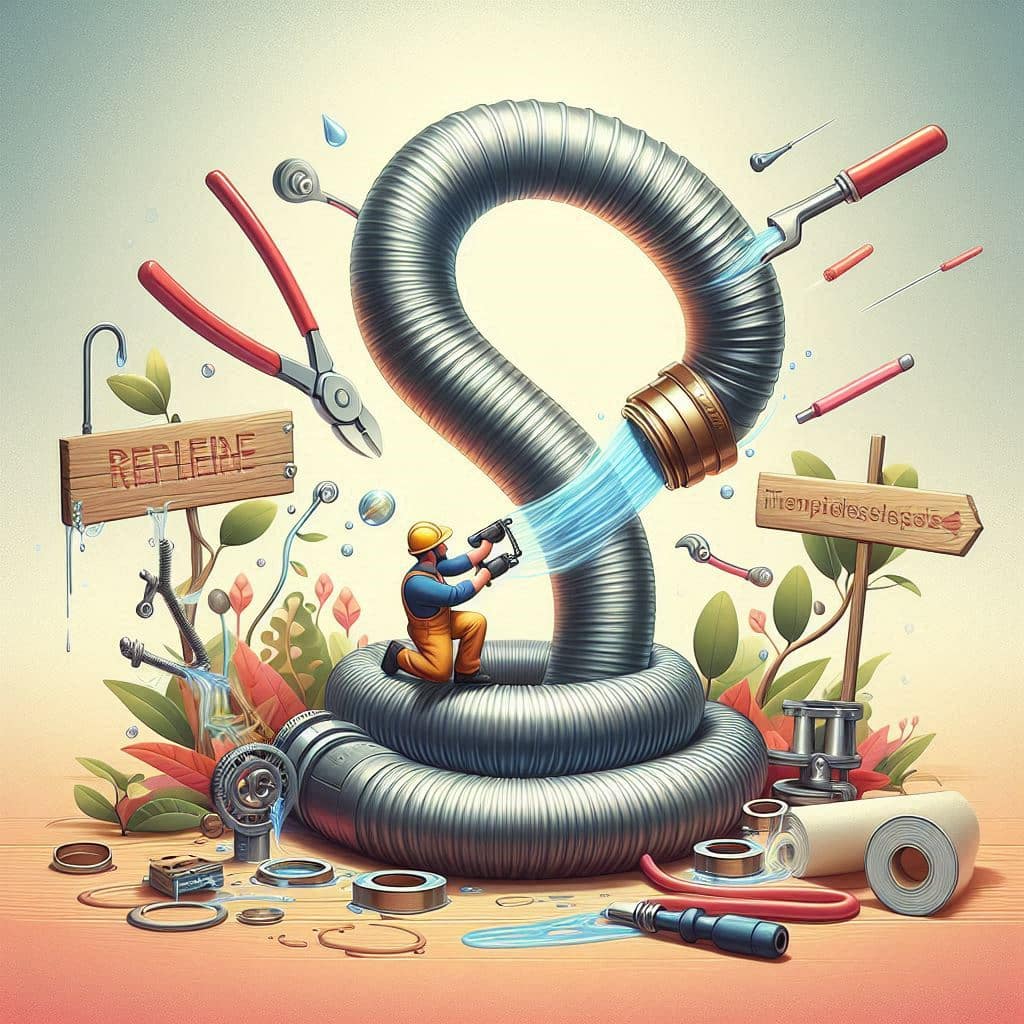Why Grow Organic?

To grow organic means planting non-GMO seeds in a healthy soil well supplemented with compost or manure so that very little or no spraying with insecticides/pesticides is needed.”
I was determined to find out how I could grow organic, that is grow delicious and healthier vegetables in my garden so that my family would enjoy eating lush nutritious vegetables, and I knew using synthetic fertilizers was not the way to accomplish this goal.
I have seen, firsthand, how the new farming techniques of using synthetic fertilizers, a technique spearheaded by large companies, had changed the Agricultural Way of Growing Vegetables and, most importantly, how vegetables had been/were being forced to grow in very unhealthy environments.
Example 1: Mixed farming/crop rotation abandoned
Back in the ’60s, potato farmers in Prince Edward Island had been persuaded to do less mixed farming and grow more potatoes to satisfy consumer demand.
I remember it well! The leaders of this trend were trying to persuade the New Brunswick farmers to do the same.
These leaders were going from place to place, were targeting especially the farmers’ coops, and were telling farmers how it would be more profitable to plant huge fields of one crop and use more synthetic fertilizers which they claimed were just as good as compost… that in the end the cost of the fertilizer would be offset by selling more produce. After much discussion, the NB farmers decided to decline the offer and continue with mixed farming.
At the time, PEI farmers had been producing potatoes that had become renowned as being the best in the world, and they could boast of having many different varieties of delicious potatoes.
However, when the farmers began growing such huge crops of potatoes on a continuous basis, the soil could not keep up with supplying all the needed nutrients anymore . . . especially since the old method of replenishing the soil with compost and rotating crops had been abandoned.
Since the synthetic fertilizers could not replenish the soil with all necessary micronutrients and macronutrients as did the old fashion method of crop rotation supplemented with manure and compost, the growing crops of potatoes were not as healthy… not only did they not feel and taste the same anymore but also their “shelf life” was shorter.
Any potato farmer knows that potatoes that are less than really healthy are attacked more frequently by insects or potato blight, so to keep their crops from being destroyed, growers would probably have to spray more often with insecticides and pesticides.
What a vicious circle! A double whammy for the consumer. . .
1) vegetables lacking in nutrients and
2) insecticide/pesticide on our food and spreading in our water table. No wonder cancer and other disease are rampant!
Example 2: Excessive spraying
If potatoes were the only crop affected by this new farming technique, well maybe that could pass. However, last summer (2015) I saw something which makes me believe that more food than we think is being treated in the same way…
Let me explain. From early spring until October, every day I had to travel down a country road here in Ontario. At the beginning of the summer, I noticed this huge field being planted, and as time passed, I soon recognized that these plants were head lettuce.
One day, however, when the plants were almost mature, I saw, to my horror, that a tractor pulling spraying equipment was going from row to row and was spraying a horrible-smelling liquid I recognized as being the smell of insecticide.
Before that crop was completely pulled out, I had witnessed those plants being sprayed at least one more time. (I couldn’t help but wonder where in the lettuce that sprays ended up!. . .)
Then later on during the summer, when half the field had no more of this first crop of lettuce, I noticed workers were replanting another crop on that same stretch of land.
Before the summer was over, this second crop of head lettuce had been treated with the same spraying routine.
Imagine! How can soil support two crops of the same type of vegetable in one summer without being replenished?
Because of the spraying, were there any microbes left in the soil to do their job of providing food for the plant roots? As a matter of fact, how could any living organism and/or precious worms which are so necessary to a healthy soil survive the sprayings? What kind of food was we being sold?
Example 3: Farmers forced to use chemical fertilizers
In the spring of 2015, one day around 9:30 a.m., my brother and I happened to be driving past a farm where the farmer was spreading chemical-based fertilizer.
Being a beautiful spring day, we had our car windows down. All of a sudden a strong gust of wind came breezing our way and brought with it a stark sharp smell that made us both choke and gasp. The smell of that fertilizer was 10 times worst than fresh manure which in all my years of experience has never made me choke up (gag maybe, but not choke)!
As we quickly closed the windows, I asked my brother, “Why on earth do farmers use such junk?”
He answered: “One of the farmers told me that composted cattle manure was hard to ‘come by’ because cattle farmers hang onto it. The vegetable farmers who do not own cattle have no choice but to buy this fertilizer!” He went on to explain that most farmers have very little money and cannot afford to buy compost by the ton, hence must resort to this chemical-based cheaper fertilizer. What a predicament for the farmer!
After watching “The Future of Our Food“ (a documentary that can be rented out), I can understand the farmer’s predicament. Not only are farmers forced to use synthetic fertilizers but they must now contend with genetically altered seeds.
As I was viewing the video, especially the part about how big companies plan to sell seeds that have been genetically altered to self-destruct after one year of growth scared me! How will farmers be able to survive? How can seeds be saved for the following year’s crop?
As I kept viewing these videos and reading about the farmers’ dilemma, other thoughts popped into my head:
How much insecticide/pesticide residual are we swallowing as we eat our vegetables? ….. and who knows what else we are swallowing.
Why would cattle and even pigs and wild animals refuse to eat corn grown from genetically modified seeds? Why do some animals glow when they eat certain genetically modified foods?
To read the whole story and view the video explaining why the farmers are so extremely concerned and worried, read this blog post Genetically Modified Foods Vs Organic Foods, written when certain groups in the US wanted to outlaw organic farming.



